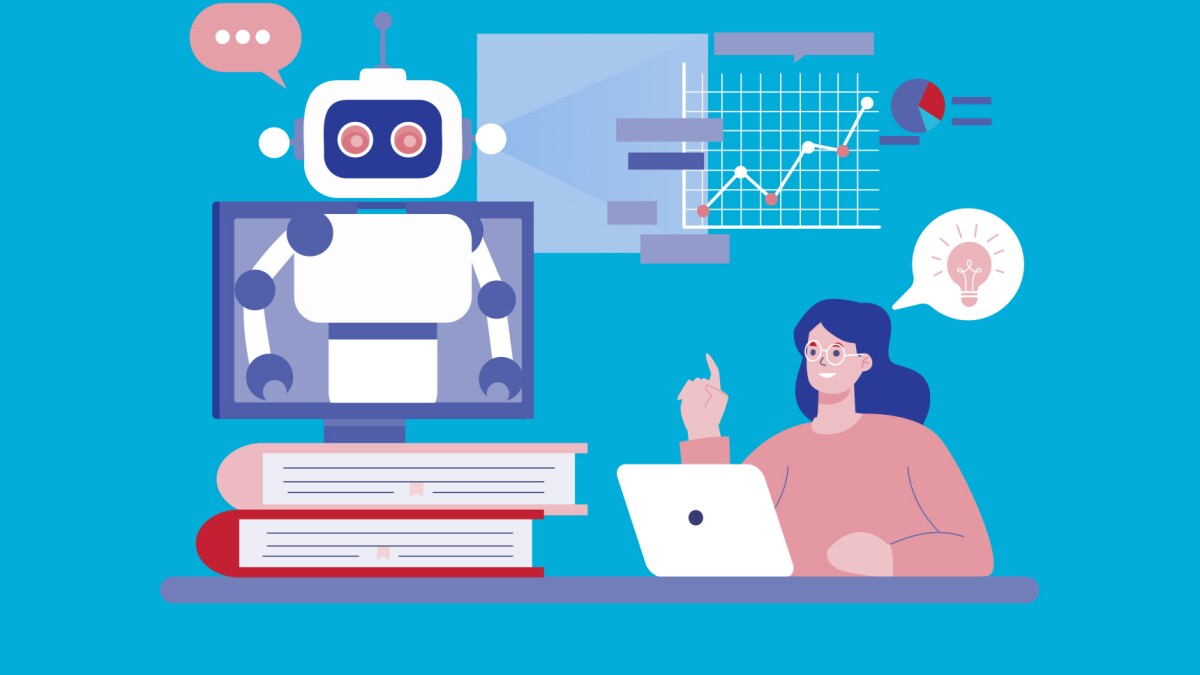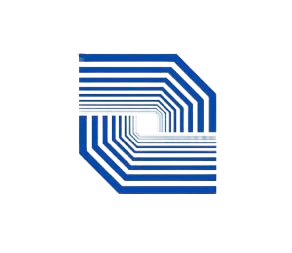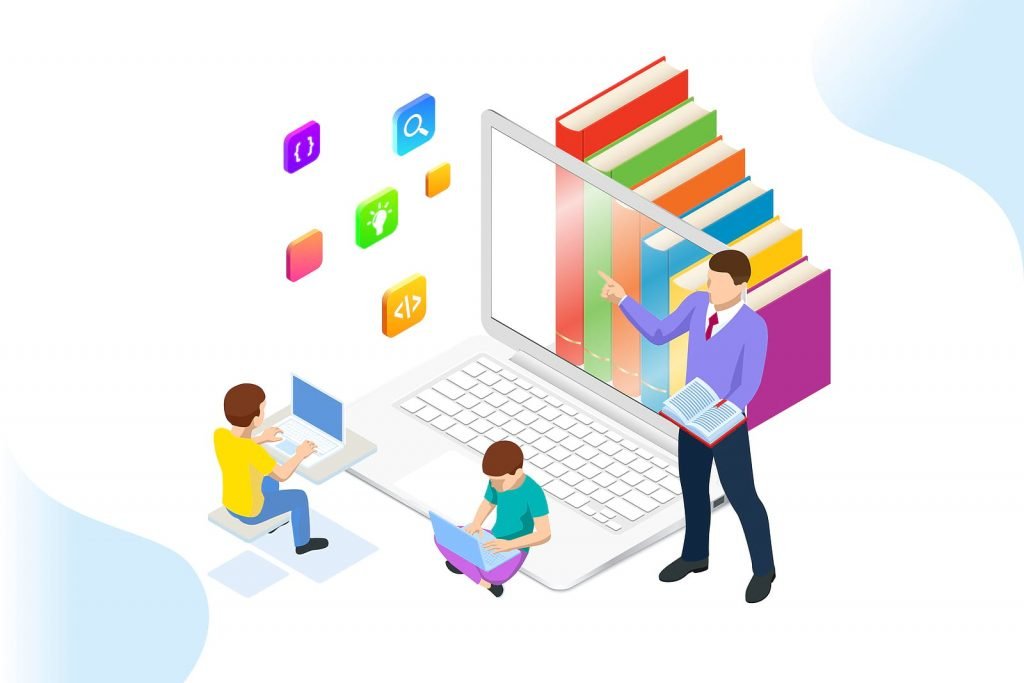With its rich cultural diversity and vibrant communities, Africa is on the brink of a technological revolution. As nations strive for progress, one area stands out: education. In the digital age, harnessing the power of Artificial Intelligence (AI) in education is a necessity. This article explores AI’s transformative potential in shaping education’s future in Africa, addressing challenges and paving the way for a brighter, knowledge-driven tomorrow.
Africa faces various challenges in its education sector, including limited resources, inadequate infrastructure, language barriers, and, in some situations, a shortage of qualified teachers. These challenges hinder the development of children and young adults, impacting their future opportunities. However, amidst these challenges lies an immense opportunity – the integration of AI in education.
Revolutionizing Learning with AI
- Personalized Learning
AI algorithms can assess students’ learning styles, strengths, and weaknesses, enabling tailored learning experiences. This personalization fosters a supportive environment, catering to individual needs and maximizing learning outcomes.
- Accessible Education
AI-powered platforms can provide education to remote and underserved areas, overcoming geographical barriers. This accessibility ensures that quality education is not confined to urban centers but reaches every corner of the continent.
- Interactive and Engaging Content
AI technologies facilitate the creation of interactive and engaging learning materials, such as educational games, virtual simulations, and multimedia content. These innovative tools make learning enjoyable, capturing students’ attention and enhancing their understanding of complex concepts.

While Africa tries to make the necessary steps towards discovering the potential of AI in education, there has been the development of EdTech startups that utilize AI to offer personalized learning, Accessible education, reducing language barriers, and even developing better learning mechanisms for people with disabilities. These startups include:
This EdTech startup uses AI to provide educational content and support to students. M-Shule’s platform uses AI to track each student’s progress, identify areas where they need additional support, and provide them with personalized learning resources.
AltSchool Africa is a learning platform that offers a more effective “alternative” to traditional academic institutions. It explores and offers practical & functional learning with modern technology.
Codar Africa is an EdTech startup that uses AI to help students learn computer science and other technical skills. Codar Africa’s platform uses AI to provide personalized learning content, track student progress, and provide feedback.
Mtabe also uses AI to provide personalized learning to students. Mtabe’s platform uses AI to analyze each student’s learning style and progress and then generates customized learning content tailored to each student’s needs.

Others include uLesson TechChild Africa, among others. As AI technology continues to develop, we can expect to see even more innovative and effective ways to use AI to improve education on the continent.
Challenges and Ethical Considerations
While the potential of AI in education is immense, it comes with ethical considerations. Data privacy, bias, and digital inequality must be addressed. Governments, educational institutions, and tech companies must collaborate to develop robust policies and frameworks that ensure the responsible use of AI in education, safeguarding the interests of students and educators alike.
It is also essential to understand that AI serves not to replace but to empower educators. By automating administrative tasks, providing data-driven insights, and offering professional development opportunities, AI enables teachers to focus on what truly matters – fostering creativity, critical thinking, and emotional intelligence among their students.
In conclusion, integrating AI into education is not just a technological advancement. It is a social and economic imperative for Africa. By harnessing the power of AI, the continent can bridge educational gaps, empower its youth, and prepare them for future challenges. Governments, educators, and the private sector must work together to invest in AI-driven educational initiatives, ensuring every child in Africa has access to quality and inclusive education. As Africa embraces the AI revolution in education, it paves the way for a brighter, more prosperous future where knowledge knows no bounds.


